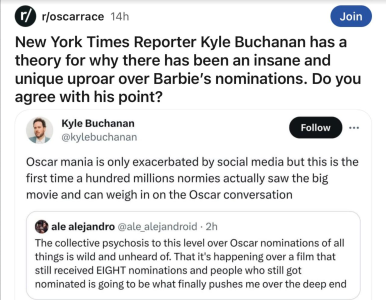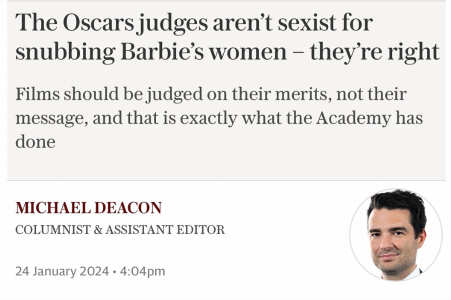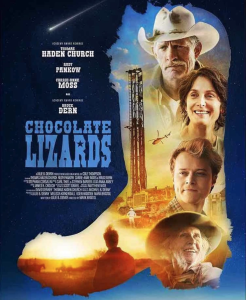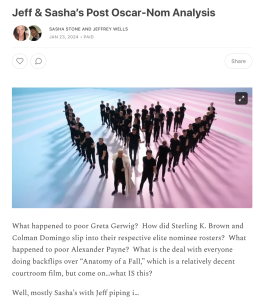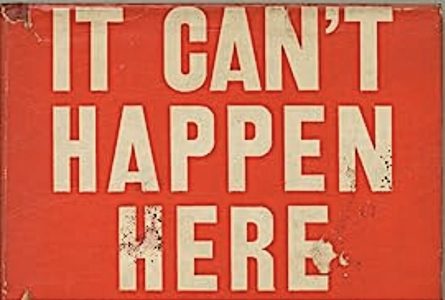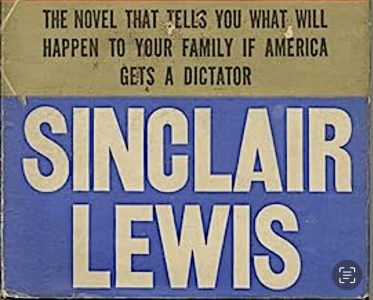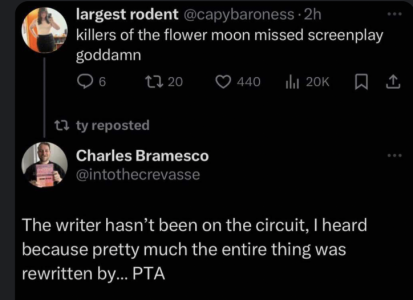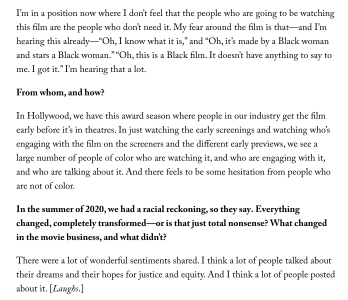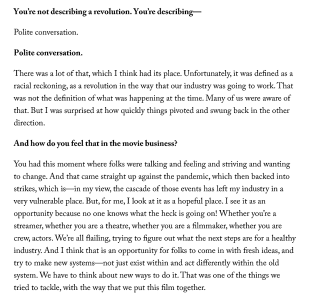From Sasha Stone‘s “Oscars 2024: Oppenheimer Takes the Lead as Outrage Rises Over Gerwig“, posted earlier today but cut down to size here or, you know, partly Jeffrey Wells-icized:
“The Oscars have a branding problem. One, for the last six or seven years the awards have been used as a propaganda delivery device for sensitive lefty values (most white folks are bad, almost all POCs are wonderful, brainwashing school kids is good, LGBTQ trans-pregnant-men values are absolutely glorious). And two, the Oscars are now under the “inclusivity mandate” that was implemented this year. Most films had already wokified themselves but now that it’s official, it’s olly olly in come free.
“Boiled down: We all have the evil seed inside us, and the only way to rid us of it is to mandate that we vote a certain way — we have to like certain movies, read certain books and accept the changes the industry made to cover their own ass so they wouldn’t be called racists. Example #1: The critical opinions of Bob Strauss.
“The climate of fear we’ve all been living through since ’18 or thereabouts goes almost entirely unaddressed by people who cover film. They (we) just pretend like it wasn’t happening, that people weren’t losing their jobs, that every word uttered has to be carefully monitored so as not to commit a thought-crime.
“One of the reasons our country is divided is that Hollywood abandoned most of the country to chase sensitive-lefty, Barbra Streisand-approved utopia. And the people who cover awards and the industry aren’t saying boo. They never have and never will. ‘Just keep your head down, make the best of it,’ they say.
“But you can’t solve a problem you can’t even name. If you’re relying on the most high-profile outlets to talk about the truth, you’re wasting your time. They won’t. They can’t. All they can do is what most of us are supposed to do, write from within the walls of the royal court and forget about the masses beyond the castle walls. At least until heads roll.”

